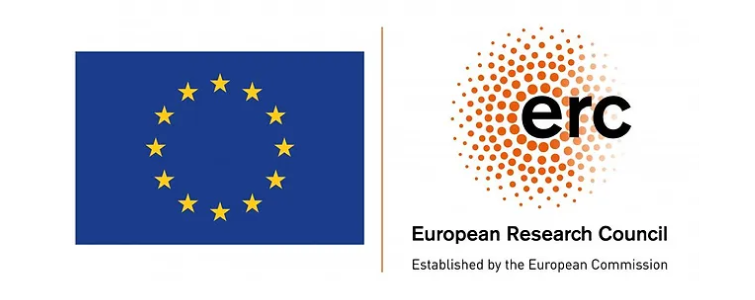Our research
We investigate T cell specificity and function by combining immunology with chemical and synthetic biology

Technology Development
A LIPSTIC screening system to identify tumor neoantigens
T cells have the potential to control and eradicate cancer, but in many cases T cells recognizing tumor-specific antigens (also called neoantigens) and recruited to the tumor site fail to achieve tumor destruction due to an immunosuppressive milieu. A powerful strategy to subvert immunosuppression consists in the targeted stimulation of tumor-specific T cells using neoantigen vaccination.
Unfortunately, as to date, the identification of tumor neoantigens is still inefficient, requiring sequencing of tumor tissue and computational prediction which often fails to correctly predict immunogenicity. Here we propose to develop a novel approach for the discovery of tumor neoantigens based on the rapid screening of the TCR specificity exhibited by tumor infiltrating lymphocytes. This approach has the potential to radically improve our ability to design effective neoantigen vaccines for tumors.
People involved: Tania Baccega
Immunity and tolerance
Dendritic cell-T cell interactions in immunity and tolerance
T cells support distinct types of proinflammatory responses key for pathogen clearance, but also maintain tolerance and suppress harmful inflammation. To perform this multitude of functions, naïve T cells first undergo activation through direct contact with dendritic cells (DCs), a highly heterogeneous compartment including several populations of migratory and resident cells.
These interactions lead to selection of antigen specific T cell clones, followed by their proliferation acquisition of specialized functions. Despite the essential role of DCs in the activation and commitment to effector function of naïve T cells, we have limited information available on both the identity of DC involved in priming and the molecular messages exchanged upon DC-T cell interaction in different types of response.
This project aims to determine how interactions between dendritic cells and T cells shape the T cell response in the context of vaccination and tolerance induction in vivo, with the potential to reveal novel pathways that could be targeted for immune regulation.
People involved: Enrico Dotta, Agnieszka Maciola, Weisha Qi
Cancer and immunotheraphy
Interactions between therapeutic T cells and the tumor microenvironment
Therapies based on Chimeric Antigen Receptor (CAR) engineered T cells and on tumor infiltrating lymphocytes (TILs) represent powerful and targeted immunotherapeutic strategies against cancer. Several preclinical studies have investigated how therapeutic T cells directly impact tumor cells, highlighting their cytotoxic and surveillance capacity.
Nevertheless, because these “living drugs” enter a niche composed not only of tumor cells but also of endogenous immune cells, it is essential to understand how this interplay influence therapeutic efficacy. This project aims to explore the interactions occurring between therapeutic T cells and immune cells in the TME and to characterize their functional consequences on anti-tumor response.
This study will contribute to a better understanding of the anti-tumoral immune response, with findings that can be leveraged for the design of novel therapeutic strategies, that combine tumor killing and the support of the endogenous immune system.
People involved: Alfredo Pherez Farah , Gioia Boncompagni , Weisha Qi
Our research is funded by
The European Research Council under the European Union’s Horizon 2020 research and innovation programme (grant agreement No 853179), the Italian Ministry of University and Research (PRIN No 20209Y5YFZ), the Italian Ministry of Health (Ricerca Finalizzata No GR-2019-12368485), and the Marie Skłodowska Curie Action under the European Union’s Horizon 2020 research and innovation programme (grant agreement No 101034319)




Keep scrolling
to discover our
Team